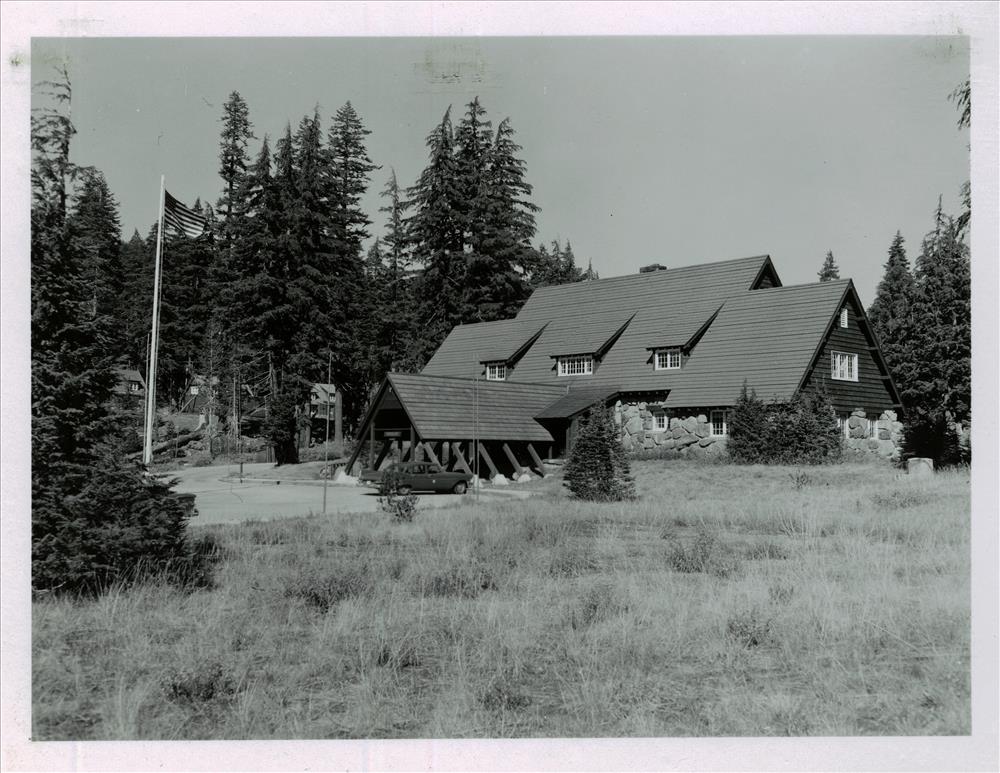We talked earlier about Doc Ruhle. Another person who has had a lot to do with trying to set objectives and policies for the Park Service. I know you came across him several times in your career.
Came across him, of course, when he’d visit Crater Lake. He never tried to tell us what to do, but he always had that interest which we appreciated. He wouldn’t even introduce himself, he’d just be there and I happened to know what he looked like. So, I got the chance to chat with him a little. And later, in ’62 when I was in the Washington office, he was also stationed there so I had a number of opportunities to talk with him then. And he was very much involved in national parks in Southeast Asia. What else, I’m not sure, but he was a specialist at the Washington Office at that time.
Was he still doing a lot of naturalist work?
Well, I really wasn’t close to what he was doing. He was in international park work. And I really couldn’t fairly evaluate what was going on at the time. Everybody considered him to be a highly intelligent, motivated person with unbounded energy.
I’m sure some of his ideas may have filtered through some of the parks in Southeast Asia.
He was one of the outstanding people. Outstanding people are not necessarily always recognized. Maybe historians will recognize them as being outstanding ,but while they’re around they’re not.
Was what you did at Cape Hatteras a factor in getting a job at Nachez Trace?
Well, Bob Haraden was the superintendent of Nachez Trace (16). Later Bob told me that he was in the Washington office doing a tour on personnel selection probably for a month or two. And he was seeking an assistant superintendent for Nachez Trace. He knew what he wanted and the interpretive staff there needed a little building up, at that time because there were some problems. He ran through his check list and ended up with me. So that’s when I was offered the job, while in the master planning unit in San Francisco. He expected some things of me I wasn’t ready to give. I did not want to step in and till the interpretive staff how to do their work.
Were they mostly naturalists or some historians on the interpretive staff?
No. The man in change of interpretation at that time was a historian. He had been there a long time and he had health problems. He was replaced by John Mohlhenrich. John Mohlhenrich, who had a very strong background in natural history, came to us from Lassen, where he had been the chief naturalist. He was a very energetic person with a lot of interest in history and natural history and getting things don. So the program there went well-the main thing I did was encourage that.


